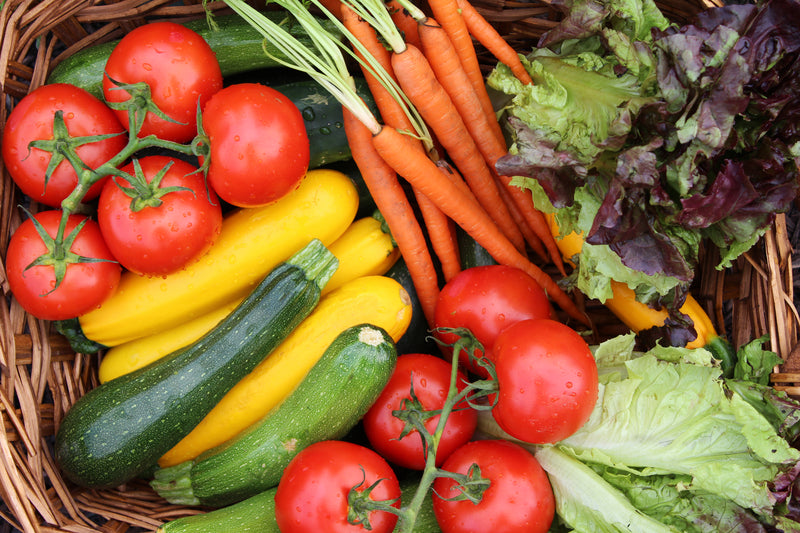
Digestive health is an essential aspect of overall well-being, and incorporating vegetables into your diet can significantly contribute to a well-functioning digestive system. Vegetables provide numerous benefits, such as supplying fiber, reducing acidity, and offering high water content.
Provide a Source of Fiber
One of the primary ways vegetables aid digestion is by providing a rich source of dietary fiber. Fiber plays a vital role in the digestive process, as it helps move food through the digestive tract, preventing constipation and promoting regular bowel movements. There are two types of fiber: soluble and insoluble. Soluble fiber dissolves in water, forming a gel-like substance that can help regulate blood sugar levels and lower cholesterol. Insoluble fiber, on the other hand, does not dissolve in water and adds bulk to the stool, which facilitates its passage through the digestive system. Vegetables are an excellent source of both types of fiber, contributing to a healthy and efficient digestive process.
Make Your Diet Less Acidic
Vegetables can also improve digestion by making your diet less acidic. An overly acidic diet can lead to digestive discomfort, heartburn, and acid reflux. Acidic foods include anything with a lot of vinegar or citrus. Vegetables, particularly leafy greens and cruciferous vegetables, have an alkalizing effect on the body, helping to neutralize excess acidity. By incorporating more vegetables into your meals, you can create a more balanced and less acidic diet, which can reduce the risk of digestive issues and promote overall digestive health.
They Contain Water
The water content of vegetables plays a crucial role in promoting healthy digestion. Staying hydrated is essential for optimal digestive function, as water helps break down food and ensures the smooth passage of nutrients and waste through the digestive tract. Many vegetables have a high water content, such as cucumbers, lettuce, celery, and tomatoes. Consuming these water-rich vegetables can contribute to your daily water intake and support digestive processes. Additionally, the water in vegetables can help soften stools, making it easier for waste to pass through the digestive system and preventing constipation.
Vegetables offer numerous benefits to support a healthy and well-functioning digestive system. By providing fiber, reducing acidity, and containing water, vegetables can significantly impact digestion and overall health. Including a variety of vegetables in your daily diet is a simple and effective way to promote digestive health and enjoy the numerous benefits these nutrient-rich foods have to offer.
Did you enjoy reading this article? Here’s more to read: The best ways to cook a steak at home






